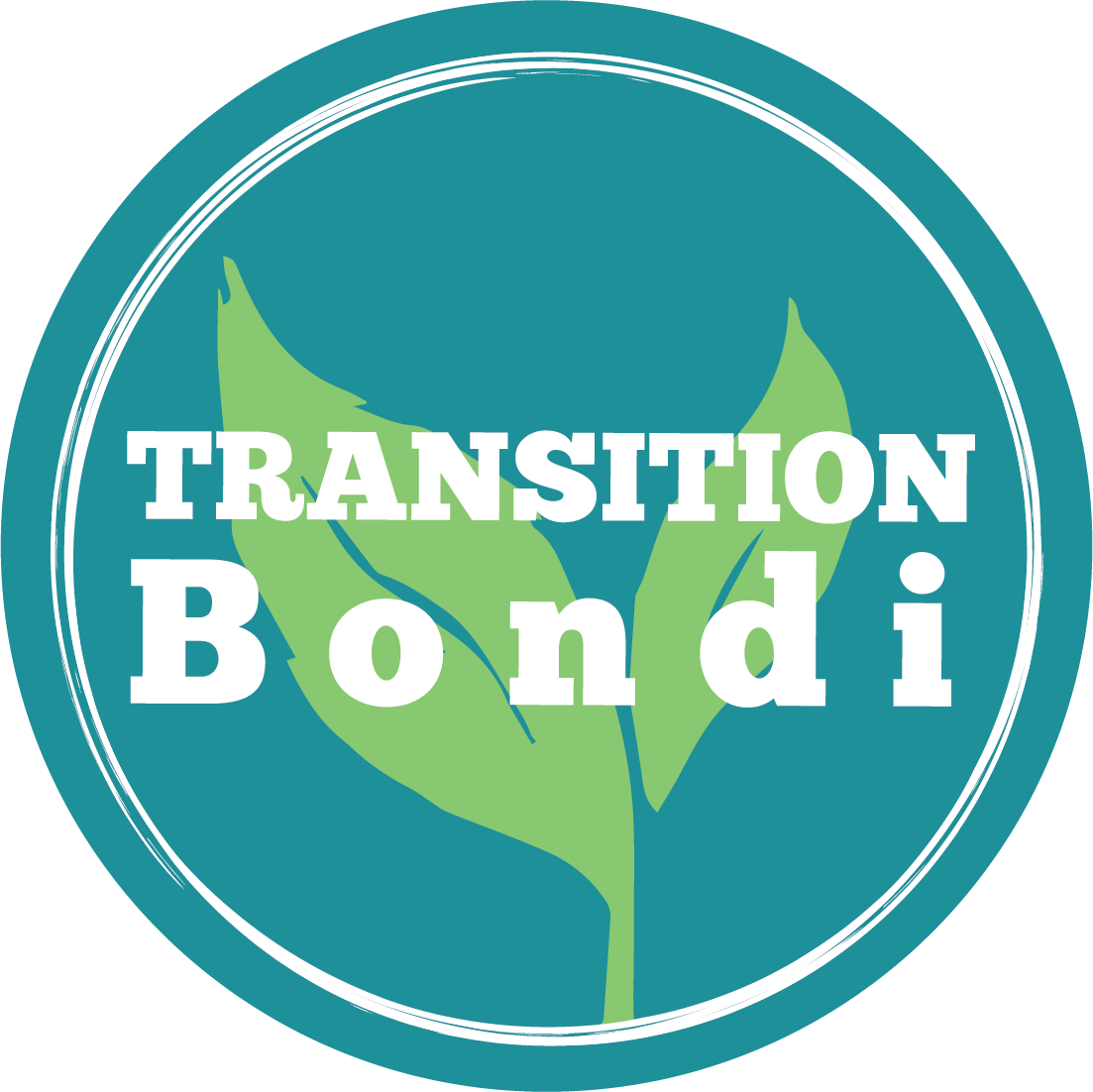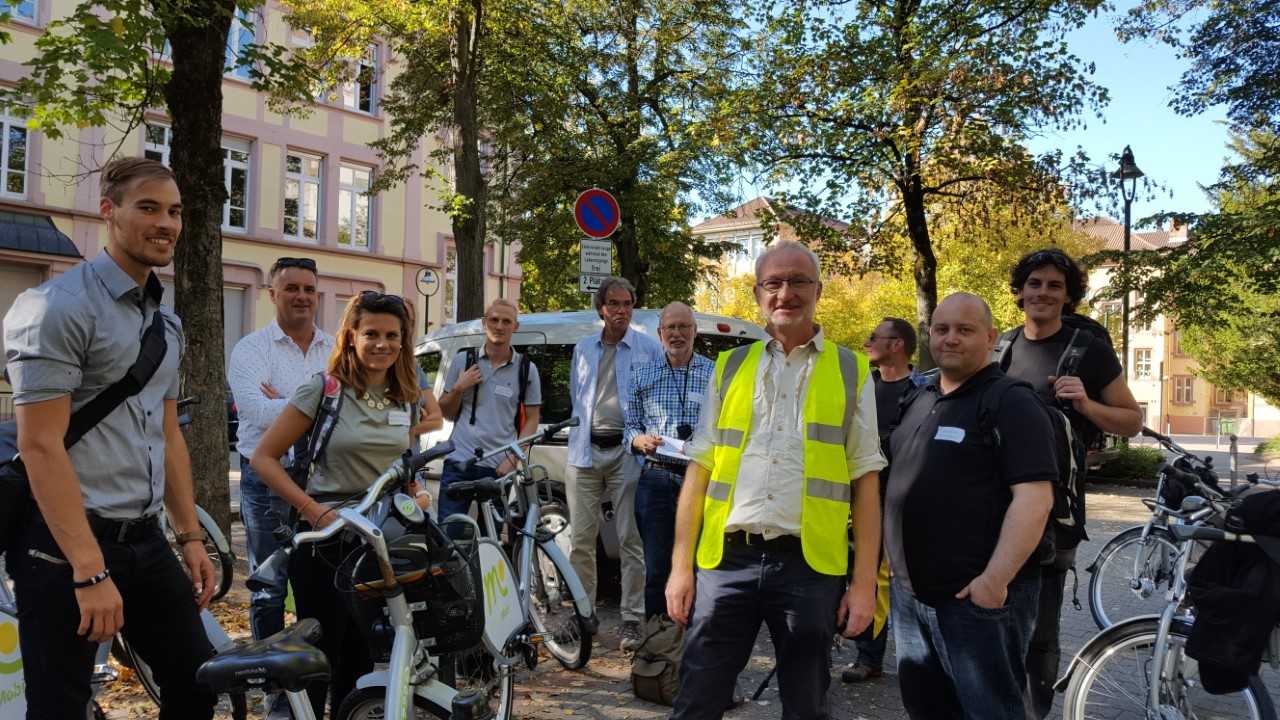Interview with Mathias Kassel – traffic planner
There is no doubt that the transport sector is extremely carbon intensive and as such there are many debates currently focused around the electrification of vehicles, public transport, investment in road infrastructure, town planning and so on. Australia, in particular, has been slow to take on concepts other than individual car ownership. Miri, member of Transition Bondi Steering Group, interviewed her father Mathias Kassel, traffic planner extraordinaire, about the environment and his approach to getting around.
Why is the environment so important for you?
M: In my school time the conservation of the earth became more and more important for me after realising we have only one earth. We should do everything to protect this creation. The environment was one of the reasons for choosing my job, I wanted to have an impact for a better environment through my ideas for public transport. The bicycle was always a “liberty tool” for me, you don`t rely on somebody or something, you are very flexible.
Why did you decide not to buy a car?
M: Since I was young I was convinced not to buy one. I saw so many people who put so much time and effort in their cars and for me there are so many other things that are much more important. The other reason was of course the negative impact of carbon emissions from cars on our climate.
When and why did you start to evolve more climate-friendly ideas in your work?
M: The speech of Al Goer (past environment-minister in the USA) 2006 has a huge effect on mewhen he spoke about the climate warming, the increasing levels of CO2 and the consequences of that. This gave me the motivation to create a new model in which we aim to achieve a decrease in levels of CO2. Many talks followed and the ideas of “mobility stations” came up, to be located in places such as bus stations, train stations and other popular spots. The goal of “mobility stations” is to reduce the amount of vehicles by connecting different transport options, for example ability to hire a car after hopping off the train for a flexible use, such as grocery shopping or for travelling.
Can you tell us why sharing systems have a positive impact?
M: Yes, sure. The average daily use of a car is only 5 % but with car sharing it is a lot more. One car sharing-car has the potential to replace 10-15 cars. Cars also take up a lot of space which we could use for other things. Usually access to vehicles such as an electric-car is much easier by sharing because most people can`t afford it to buy one. At the moment there is a new trend with hand scooters with an electric motor.
What kind of reactions do you get regarding to your lifestyle?
M: Manly positive reactions, for example: “It’s great that you live your conviction so authentically.” I think it is important not to act as a missionary and to just set an example of living for others to consider. I do also get reactions like: “Oh this weirdo with his bike again”. My answer to that is always a calm explanation of why I act in the way I do and that I`m doing it for the benefit of all humans.
What is your favourite place in nature?
M: I like to sit on the water.
What would you do if this place didn`t exist anymore?
M: I would dig a new spring.
How do you live sustainability in your daily life?
M: I avoid plastic as much as I can, in a restaurant I ask for glass bottles or water from the tap; I prevent water- and paper-waste; making conversation with other people about my lifestyle, we produce part of our electricity through a solar installation; we use rainwater through a cistern for our toilet flushing; our warm water is coming from the solar panel as well and in winter we heat our oven with wood.
What is your message to the world?
M: Please help all to maintain our planet, so that our grandchildren can live on this beautiful planet too and so they can say: “Yes, they understood in time that nobody should destroy this wonderful world.”
Car sharing resources:
www.drivemycar.com.au
www.carnextdoor.com.au
www.goget.com.au
Bike sharing resources:
www.li.me


I like this interview very much.
Well done! Thank you.
Thankyou MIri and thankyou Matthias for sharing your thinking and ideas, and inspiring us with your personal big vision!
I like your term ‘liberty tool’ for bicycle, juxtaposed with the rather clumsy alternative of public transport! And to hear how you moved from concern as a young person, through hearing Al Gore’s grim message of global warming, to making a big personal impact, is so good!
Thankyou for your efforts and achievements in the transport world (in Germany) with car-sharing and traffic planning! I haven’t heard in Australia of the term ‘mobility stations’; though there is alot of talk about parking facilities near public transport hubs – and increasing housing density close to new railway and bus interchanges.
You’ve given us a clear picture of your values and decisions as an individual , as well as your concerns as a global citizen; thankyou Matthias for modelling the behaviour and approach that we need so much in the world now and for the generations to come.